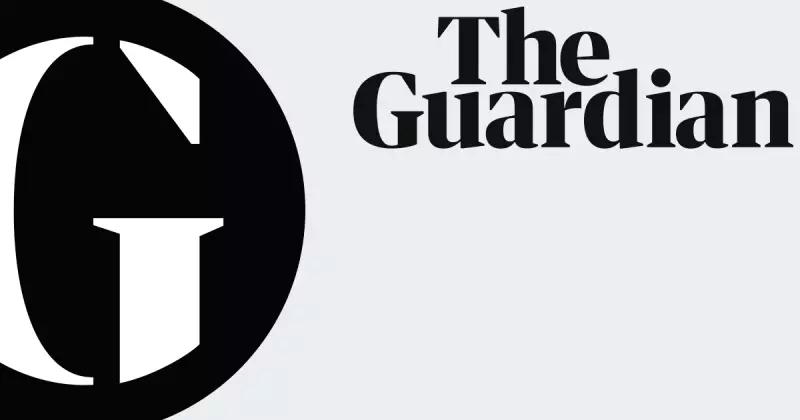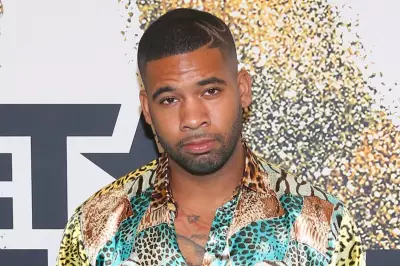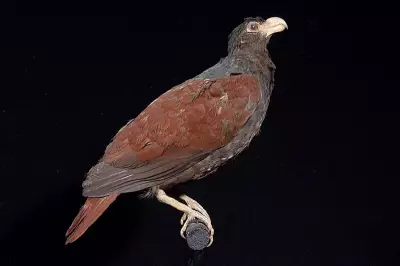
The scientific world mourns the passing of Dame Jane Goodall, whose revolutionary work with chimpanzees transformed our understanding of both primates and humanity itself. Beginning her journey without formal academic training, Goodall brought an unprecedented empathy and observational brilliance to her research that would shatter long-held scientific conventions.
A Revolutionary Approach to Primate Study
Goodall's methodology marked a dramatic departure from traditional scientific observation. Rather than maintaining clinical distance, she immersed herself in the world of the chimpanzees at Gombe Stream National Park in Tanzania. Her approach revealed astonishing behaviours that science had never before documented.
Among her most groundbreaking discoveries:
- Chimpanzees creating and using tools - stripping leaves from twigs to fish for termites
- Complex social structures and distinct personalities within chimp communities
- The capacity for warfare and violence between different groups
- Deep emotional bonds and sophisticated communication methods
Challenging Scientific Orthodoxy
Goodall's findings initially faced scepticism from the scientific establishment. Her practice of naming chimpanzees rather than numbering them, and her insistence on recognising their individual personalities, was considered anthropomorphic and unscientific by many contemporaries.
Yet her meticulous documentation and undeniable insights gradually won over critics, forcing a fundamental re-evaluation of what separates humans from other animals. The tool-making discovery alone prompted renowned paleontologist Louis Leakey to declare: "Now we must redefine tool, redefine man, or accept chimpanzees as humans."
From Researcher to Global Conservation Leader
Goodall's evolution from field researcher to international conservation advocate represents one of environmentalism's most impactful transformations. Witnessing habitat destruction and the declining welfare of chimpanzees, she dedicated her later years to global activism.
Her establishment of the Jane Goodall Institute and the Roots & Shoots youth programme has inspired generations of conservationists. Through thousands of lectures and personal appearances, she became one of the world's most recognised and respected voices for environmental stewardship.
An Enduring Legacy
Goodall's legacy extends far beyond her scientific contributions. She redefined how humans perceive their relationship with the natural world, demonstrating that understanding requires empathy as much as observation. Her work continues to influence conservation efforts worldwide and inspires new generations to protect our planet's precious biodiversity.
As she once reflected on her extraordinary journey: "The greatest danger to our future is apathy. You cannot get through a single day without having an impact on the world around you." Through her life's work, Jane Goodall ensured that impact would be profoundly positive for generations to come.





